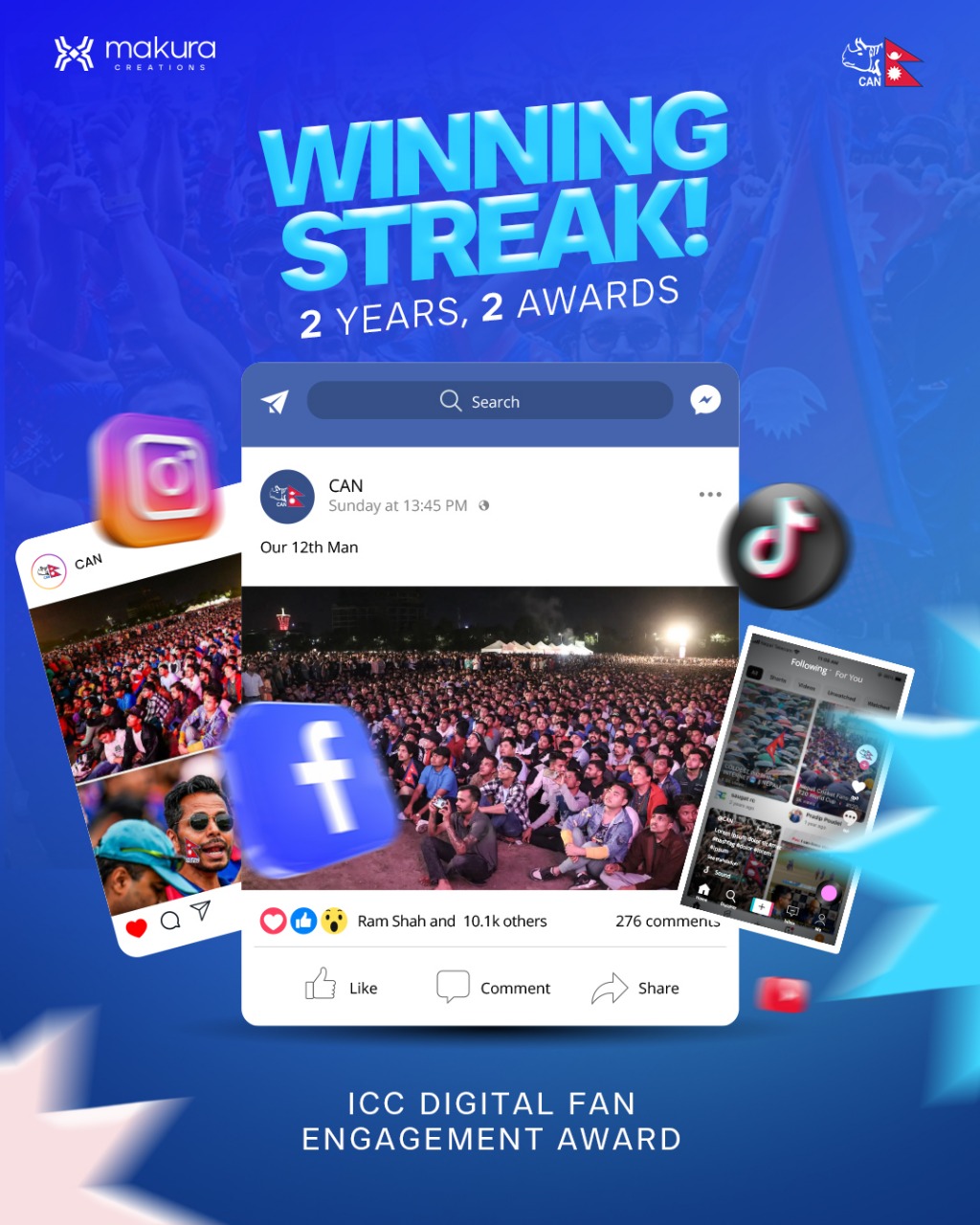Social media has entered every aspect of our everyday lives in the digital age. We can interact with friends there, update each other on our lives, and learn about emerging trends. But for businesses, social media is more than simply a means of online communication; it’s also an effective tool for brand visibility, customer involvement, and financial gain. This thorough guide will take readers into the world of social media marketing (SMM), covering tactics, best practices, and how to make the most of this changing environment.
What Is Social Media Marketing?
SMM, or social media marketing, is the practice of using social media platforms to advertise and market goods, services, or individual brands.

In order to engage a target audience and encourage desired activities, it involves generating and sharing content on platforms like Facebook, Instagram, Twitter, LinkedIn, TikTok, and more.
Why Is Social Media Marketing Important?
- Wider Reach: The number of active users on social media platforms is in the billions, making it possible for companies to engage with a wide range of potential clients. Companies can extend far beyond their local or national bounds thanks to this global reach, which enables them to tap into a variety of markets and populations.
- Cost-Effective: Social Media Marketing is frequently less expensive than traditional advertising techniques like TV, radio, or print. Even tiny businesses and startups can effectively compete with more established rivals due to the free accounts available on many social media sites and the scalable paid advertising alternatives.
- Targeted Advertising: Advanced targeting capabilities are available on social media networks. Based on the population, hobbies, behaviors, and other factors, businesses can specify their target audience. The most relevant potential clients will receive marketing communications due to this specific targeting.
- Engagement and Interactivity: Social media promotes two-way contact, in contrast to traditional advertising, which is sometimes one-sided. Through comments, messages, and discussions, brands may interact directly with their audience. Relationships are strengthened, brand loyalty is increased, and organizations are better able to comprehend their customers.
- Real-Time Feedback: Instant feedback is available on social media. Likes, shares, comments, and other engagement indicators can be used by businesses to evaluate the success of their marketing initiatives. The real-time information enables prompt adjustments to enhance marketing strategy.
- Community Building: Social media offers quick feedback. Through likes, shares, comments, and other engagement indicators, businesses may evaluate the success of their campaigns. Quick adjustments can be made to improve marketing efforts due to this real-time data.
- Brand Awareness: Brand visibility is increased by regular, strategic presence on social media channels. Customers become more familiar with and recognize a company when they frequently encounter its material in their social media feeds.
- User-Generated Content: Social networking sites encourage users to produce and distribute content about companies and their goods. User-generated material serves as genuine testimonials and advertising, which have a big impact on buying choices.
Influencer Marketing: Social media influencers have large and devoted fan bases. Businesses can use influencers’ credibility and reach to advertise their goods and services by working with them. - Customer Support: Many people use social media to look for customer service. A brand’s reputation and customer satisfaction can be improved by responding quickly and helpfully on various channels.
- Data and Analytics: Strong analytics tools are available on social media sites, and they offer insights into audience behavior, campaign effectiveness, and ROI. Businesses may make educated judgments and gradually improve their strategy owing to this data-driven approach.
- Social Commerce: It’s becoming more common for social media networks to incorporate commerce capabilities. Businesses may set up online stores on websites like Instagram and Facebook, which makes it simpler for customers to make purchases without having to leave the app.
Crafting an Effective Social Media Strategy
You must develop a strong social media plan if you want to accomplish your marketing objectives. Here’s how to develop a successful strategy:
- Know Your Audience
The foundation of any successful social media strategy is a knowledge of your target audience. Conduct an in-depth study to determine their preferences, routines, problems, and goals. - Content is King
Create shareable, worthwhile material that appeals to your audience. This might encompass podcasts, infographics, videos, blog articles, and more. The message and values of your brand should be reflected in the content. - Consistency is Key
Regular involvement and posting keep your brand visible and your audience interested. Loss of interest may come from uneven presence. To schedule your posts, create a content calendar. - Paid Advertising
To increase your reach and target particular audience segments, make an investment in paid advertising. Social media sites provide a range of customizable advertising choices. - Leveraging Analytics
Utilize the analytics tools offered by social media sites to monitor performance, assess important indicators, and come to informed judgments. This aids in gradually improving your strategy. - The Power of Different Social Media Platforms
Every social media site has particular advantages and targets various populations. It’s essential to comprehend these details for successful marketing: - Facebook
Ideal for B2C marketing due to its big user base and variety of customized advertising options. Facebook’s extensive array of ad styles makes it flexible for a variety of marketing objectives. - Instagram
Here, visual material like photographs and videos flourish, making it ideal for companies with a strong focus on aesthetics. Creative ways to interact with your audience are available through Instagram Stories and Reels. - Twitter
It’s excellent for quick announcements, customer service, and engagement and is well known for real-time updates. Twitter’s character limit puts pressure on marketers to be succinct in their communication. - LinkedIn
Ideal for networking, building industry authority, and B2B marketing. It’s a platform for connecting experts, making it a great option for information related to a certain field. - TikTok
A rapidly expanding platform that specializes in producing brief videos. Because it’s well-liked by younger audiences, brands aimed at Generation Z as well as millennials should use it. - Social Media Trends and Emerging Platforms
The social media environment is always changing. It’s importance to stay current with platforms and trends to be competitive: - Video Power
All social media sites continue to favor video content. Live streaming, short-form videos, and interactive video content are becoming more popular. - Temporary Content
Ephemeral material is a trend that can be observed on websites like Instagram Stories, Snapchat, and Facebook Stories. It vanishes after a certain period of time. It produces a feeling of exclusivity and urgency. - Social Trading
It’s becoming more common for social media networks to incorporate commerce capabilities. Businesses may set up online stores on websites like Instagram and Facebook, which makes it simpler for customers to make purchases without having to leave the app. - Specialized Social Networks
New niche social networks are becoming more and more well-liked among particular interest groups. Platforms like Discord, Reddit, and Clubhouse have special chances for fostering community participation. - Social media marketing challenges
SMM has a lot of potential, but it also has its share of difficulties: - Algorithm Changes
The popularity of content is impacted by frequent algorithmic changes on social media networks. It’s essential to keep up with these changes and modify your plan as necessary. - Content Overload
The enormous quantity of content published on social media makes it difficult to stand out from the crowd and draw viewers in. - Maintaining Authenticity
In the digital age, establishing authenticity and trust can be difficult. It’s crucial to create a balance between marketing your brand and connecting with your audience in a genuine way.
Measuring Success in Social Media Marketing
Effectively measuring the success of your social media marketing efforts is essential for optimizing your strategy. Key metrics include:
- Engagement Metrics: The amount of engagement your material receives from your audience as measured by likes, shares, comments, and click-through rates (CTR).
- Conversion Metrics: Track conversions like downloads, transactions, and sign-ups to determine how they affect your revenue.
- Follower Growth: Keep track of your social media following’s development over time.
- Click-Through Rate (CTR):Calculate the proportion of visitors who click on your links or advertisements.
- Return on Investment (ROI): To determine your social media efforts’ cost-effectiveness, calculate their return on investment.
Conclusion:
Social media marketing is a potent instrument that keeps changing and reshaping the digital world; it is not just an occasional craze. It can promote brand recognition, engagement, and income when properly utilized. But in order to succeed in SMM, you must have a thorough grasp of your audience, a well-thought-out plan, and the adaptability to change with the ever evolving digital landscape.
Social media’s position in marketing is expected to expand as organizations and individuals continue to recognize its potential, making it an essential component of the modern marketing toolset. Staying educated, being innovative, and, most importantly, realizing that social media isn’t only about marketing but also about establishing real connections in the digital age are the keys to realizing the full potential of SMM.






